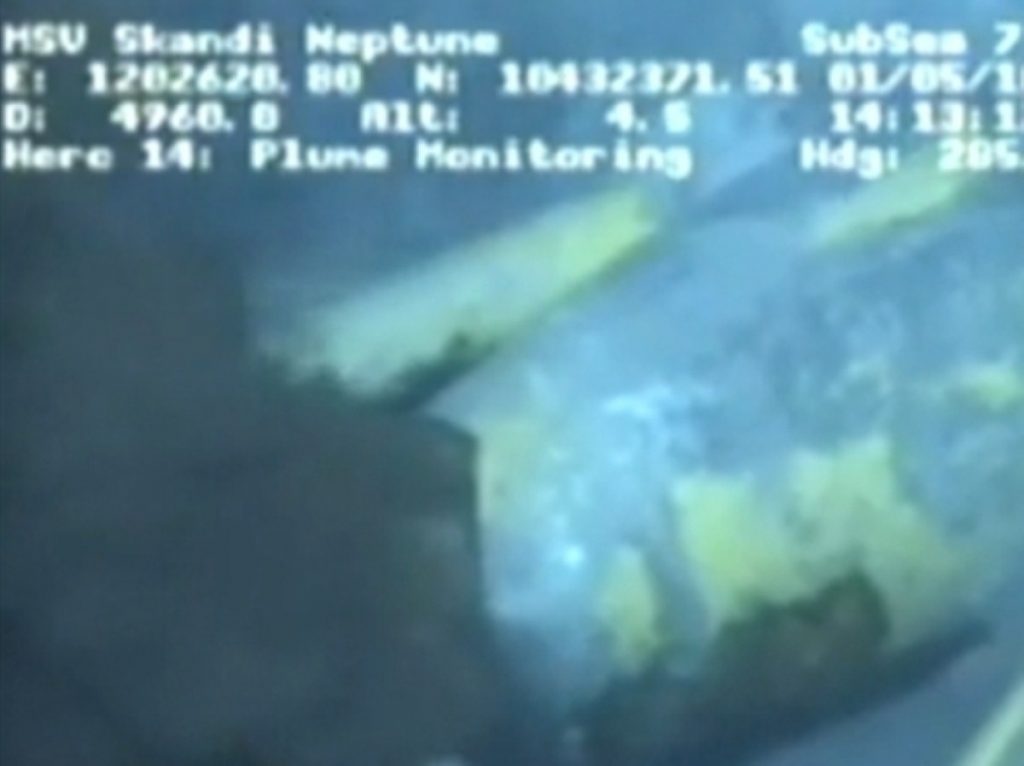UK politicians rally behind BP
Energy secretary Chris Huhne and his Labour shadow Ed Miliband jumped to back BP yesterday in the wake of the Deepwater Horizon environmental disaster.
It is thought that 40,000 barrels of oil per day have gushed into the Gulf of Mexico since the rig exploded on April 20th, killing 11 workers.
BP has come under huge pressure from US president Barack Obama to set up a fund compensating those affected and their families.


On Sunday Democrats in the Senate wrote to BP urging them to make a $20 billion deposit to an escrow fund as a show of good faith.
Yesterday in parliament Mr Huhne and Mr Miliband defended BP, whose shares have plummeted on the FTSE 100 since the oil spill began – and especially since reports emerged its dividend could be suspended last week.
Mr Huhne said the partial failure of BP’s efforts to stop the spill was “hugely regrettable” but praised the company for its “strong public commitment” to halt the spill.
“BP remains a strong company,” he said.
“Although its share price has fallen sharply since April, it has the financial resources to put right the damage.
“It has exceptionally strong cash flow, and it will continue to be a major employer and a vital investor here and in the United States.
“In many ways, BP is effectively an Anglo-American company with 39% of its shares being owned in the US, against 40% in the UK.”
Shadow energy secretary Mr Miliband went further in defending BP, telling Mr Huhne that “finger-pointing at BP in particular is not helpful”.
He said other private sector companies involved in the accident, including Halliburton, Transocean and Cameron should also be subject to investigation.
Mr Huhne announced that Britain’s rig regulation structure would be intensified in the wake of the explosion.
Annual environmental inspections by the Department of Energy and Climate Change are to be doubled, he said, while insisting that Britain’s safety and regulatory regime was “among the most robust in the world”.












